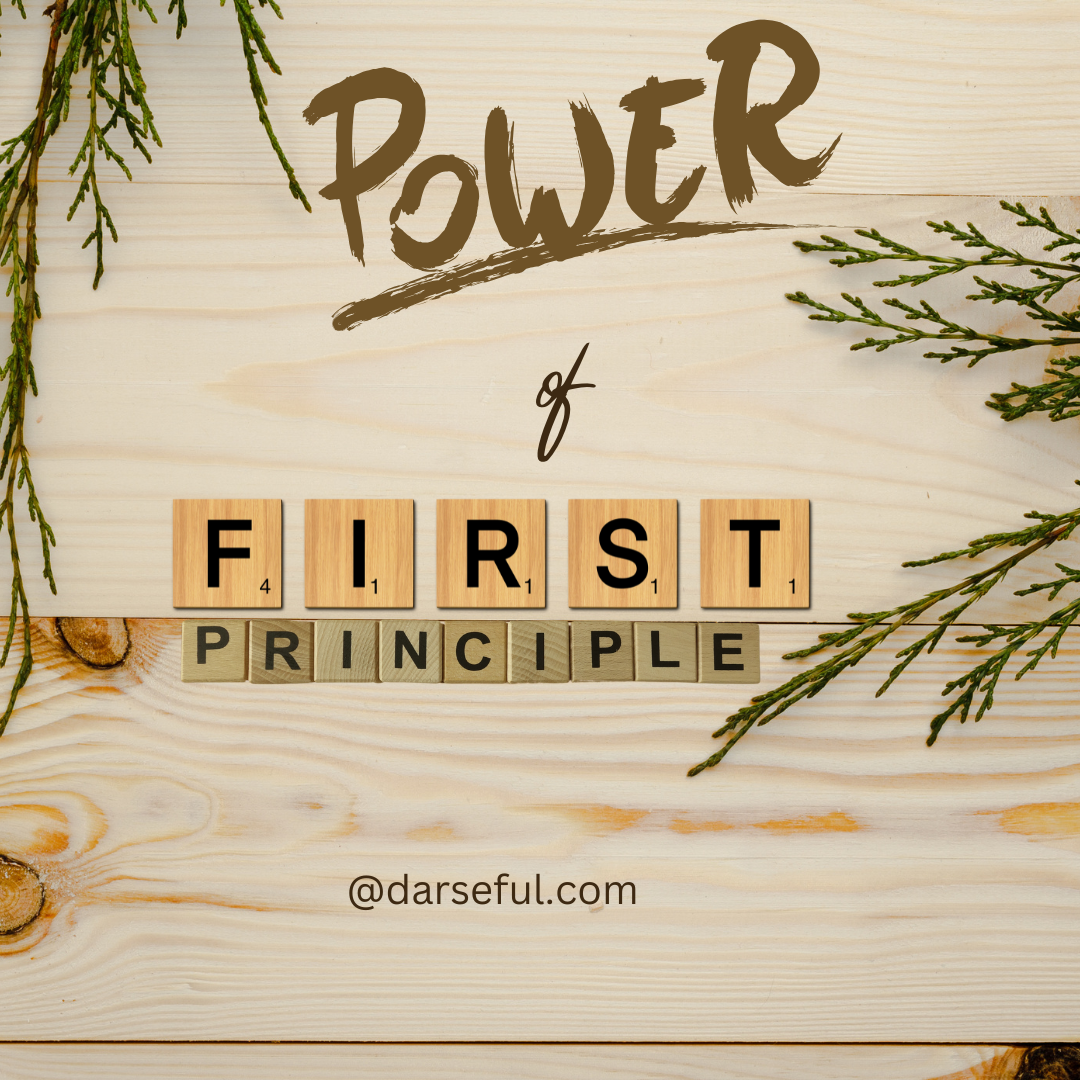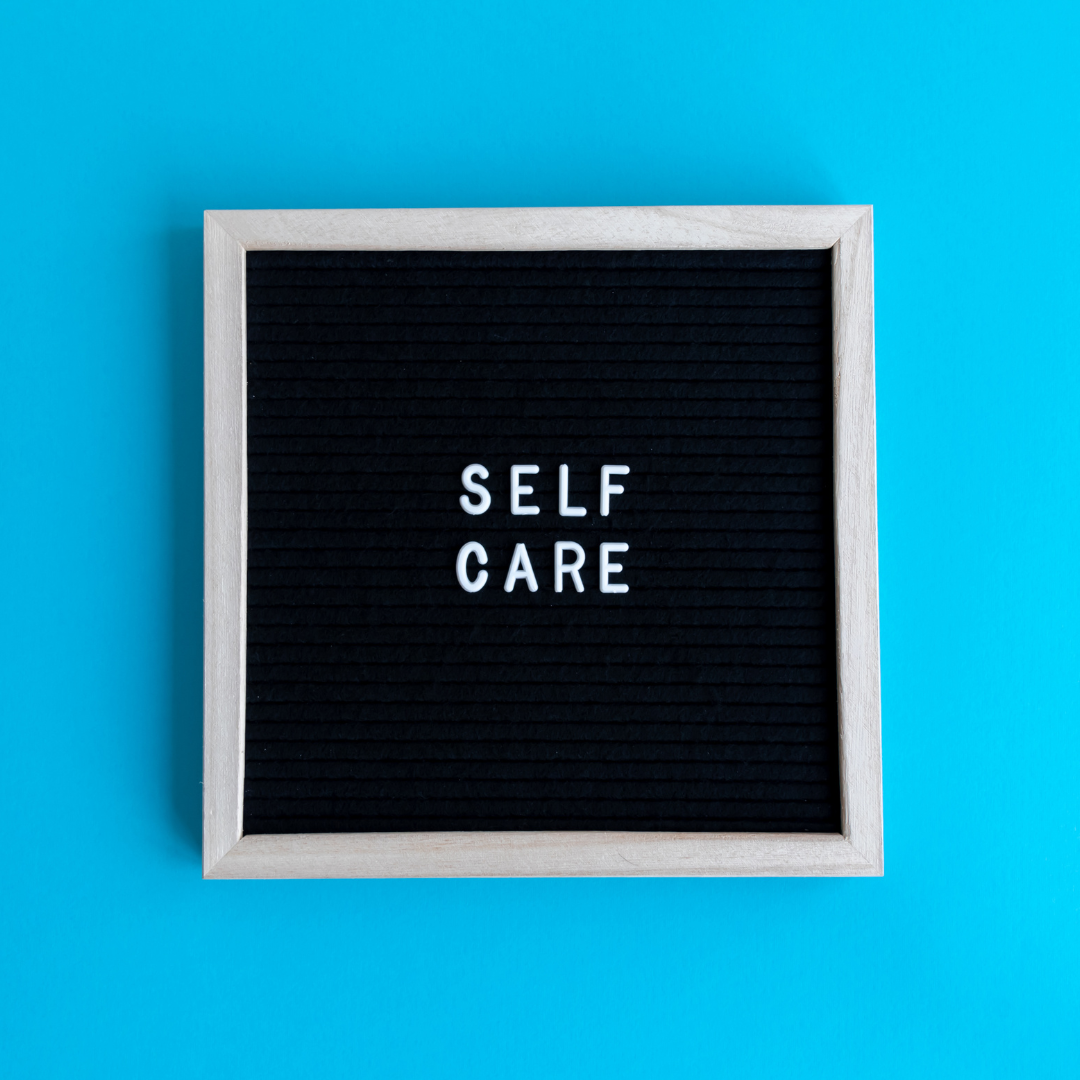You might have heard that it takes 21 days to form a habit. While this idea sounds encouraging, it’s not entirely accurate.
Research shows that creating a long-lasting habit usually takes 66 days.
This insight comes from a 2009 study published in the European Journal of Social Psychology, which revealed that habit formation varies widely from person to person, ranging from 18 to 254 days.
On average, though, it’s about 66 days.
What Makes Habits Stick?
Habits form when you repeatedly act in the same context until it becomes automatic.
This process takes time for several reasons:
- Rewiring the Brain: Forming a habit involves creating new connections in your brain through repetition. This neural rewiring doesn’t happen overnight.
- Breaking Old Patterns: It’s not just about starting something new—it’s also about overcoming resistance from old habits that feel familiar and comfortable.
- Consistency Over Perfection: Building a habit isn’t about being perfect. It’s about being consistent enough for the behavior to feel natural over time.
From Victim to Hero
Robin Sharma’s teachings on The Victim to Hero Leap emphasize moving from a victim mindset to a hero mindset.
Here’s how this shift applies to building habits:
- A victim mindset might say, “I can’t stick to this; it’s too hard.”
- A hero mindset reframes this as, “This is challenging, but I can start small and keep improving.”
This proactive approach helps you take ownership of your actions and focus on growth rather than obstacles.
How to Build a Habit in 66 Days
Forming a habit requires self-leadership—the ability to guide yourself toward your goals.
Here’s how you can do it:
- Set a Clear Goal: Decide on the habit you want to build and understand why it matters. A clear purpose keeps you motivated.
- Start Small: Don’t overwhelm yourself. For example, begin with a 5-minute workout instead of an hour-long session. Gradually increase as you progress.
- Track Your Progress: Use a habit tracker or journal to stay consistent. Visual reminders of your success reinforce the behavior.
- Celebrate Wins: Reward yourself for milestones, no matter how small. This keeps you encouraged to continue.
Why Personal Growth Takes Time
Personal development is a journey, not a quick fix. Books like The Compound Effect by Darren Hardy and Atomic Habits by James Clear highlight the power of small, consistent actions.
These incremental steps lead to meaningful, lasting change.
When you commit to a habit for 66 days or more, you’re not just adopting a new behavior—you’re reshaping how you see yourself.
You become someone who values discipline, consistency, and improvement.
Key Takeaways
Building a habit takes time and effort, but the 66-day rule gives you a realistic timeline. Focus on consistent action and embrace the challenges as opportunities to grow. Each step you take moves you closer to becoming the best version of yourself. Stick with it—the results will be worth it.












Leave a Reply